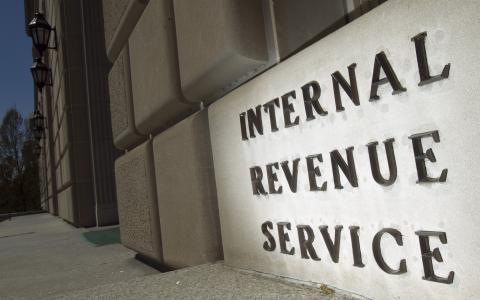
(Think Advisor) The arrival of new private letter rulings from the Internal Revenue Service is causing excitment for annuities issuers.
The new IRS rulings give life insurers the ability, under certain circumstances, to pay fee-based financial advisors asset-based fees directly from ordinary, individual annuity contracts, without generating any of those dreaded “taxable events” for the customers.
Sales of fee-based annuities accounted for only a small slice of U.S. issuers’ $232 billion in 2018 individual annuity sales, according to data from the LIMRA Secure Retirement Institute.
But many insurers and distributors have been hoping that growth of fee-based annuity sales could be a way to give consumers an alternative to the traditional annuity sales process and reduce the pressure from state and federal regulators to adopt new annuity sales standards.
The new IRS ruling should make it easier, and cheaper, for issuers of fee-based annuities to pay advisors themselves, without generating a Form 1099 blizzard.
Here’s a look at five other possibilities stemming from the new IRS rulings.
1. Many life insurers could have private letter rulings.
Nationwide and Lincoln Financial announced last week that they had received private letter rulings.
But private letter rulings are, actually, private: The IRS deletes the requesters’ identifying information before posting the main ruling text on the web.
It’s possible that many insurers other than Nationwide and Lincoln Financial also have received similar private letter rulings.
Great American Life, a unit of American Financial Group Inc., announced today that it, too, has received a private letter ruling. Great American Life’s ruling covers payment of asset-based advisory fees from an indexed annuity contract that’s filed as a non-variable contract.
2. Private letter rulings could create a temporary gap between the haves and the have-nots.
A private letter ruling applies only to the taxpayer that requested it. Other taxpayers have to get their own private letter rulings. That could give insurers private letter rulings a head start over competitors.
3. The rulings could lead to an informal 1.5% annual cap on advisory fees.
All of the companies that have talked about their private letter rulings so far have said they told the IRS they’d limit the advisory fees to 1.5% of the contract’s account value per year.
4. The rulings could increase consumption of champagne and alternatives among life insurance industry regulatory affairs insiders.
Great American said in its letter ruling announcement that it’s been working with other life insurers to obtain the new tax treatment since 2017.
Freeman Durham, senior counsel at Great American Insurance Group – Annuities, said in a statement that Great American Life helped IRS officials understand how fee-based indexed annuities work.
“It’s rewarding to see the ruling finalized and know that we’re opening up new doors for advisors and their clients,” Durham said.
5. The rulings could lead to (some) change in attitudes about annuities.
If more fee-based financial professionals offer clients help with annuities, that could increase competition for commission-based agents.
But, if more fee-based financial professionals work with annuities, that could increase their awareness of annuities, and temper any financial incentive they might have to bash annuities. That could lead to a different climate for all financial professionals who work with annuities.



